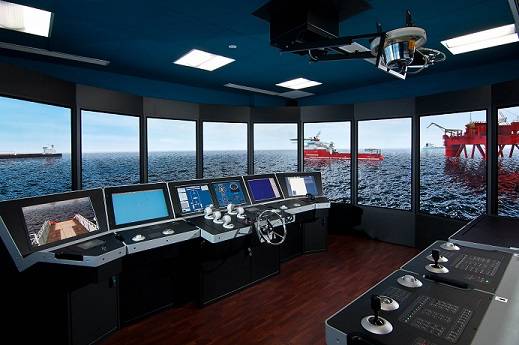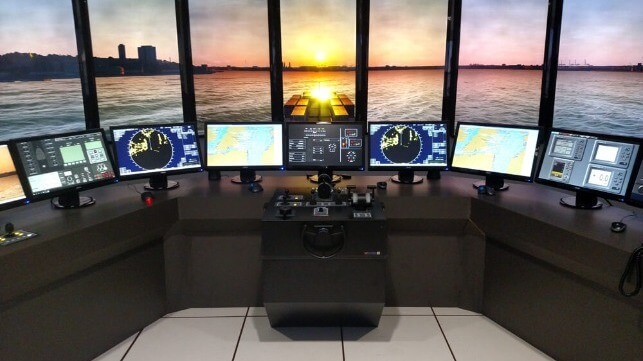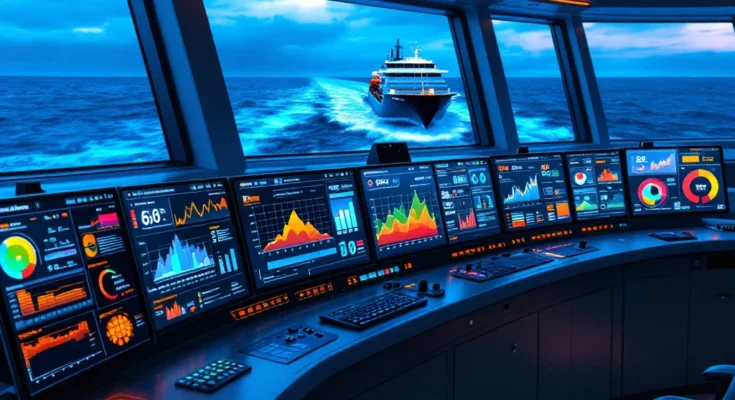In a bold step into the future of maritime navigation, Denmark has launched the world’s first full-scale trial of remotely controlled, captainless vessels operating along its coastal waters. This pioneering initiative, spearheaded by a collaboration between DanPilot and Danelec, is set to revolutionize how ships are piloted in and out of busy waterways. Over the next 18 months, up to 50 remotely guided operations will take place across the Kattegat and western Baltic Sea regions, setting the stage for a potential global transformation in shipping practices.

Traditionally, ship pilotage—where skilled pilots help navigate vessels through narrow, congested, or otherwise hazardous waters—requires the expert to physically board the ship. This process often involves dangerous mid-sea transfers, particularly in adverse weather. Denmark’s innovative system eliminates this risk by allowing pilots to guide ships from land-based control centers using real-time data feeds and onboard sensors.
The trial uses cutting-edge technology to bring the ship’s navigational environment to shore in full detail. High-definition video, radar imaging, GPS tracking, and data from onboard systems are transmitted to pilots stationed at control hubs on land. From these centers, pilots can view a digital replica of the ship’s bridge and surrounding environment, making informed navigational decisions and issuing precise commands remotely.
This marks a paradigm shift in maritime operations. By removing the need for physical transfers, the trial significantly enhances safety for pilots and crews. Transferring pilots between boats and large ships is one of the most dangerous aspects of maritime operations, often requiring small vessels to maneuver alongside large moving ships in rough seas. The remote approach eliminates this hazard entirely.
Beyond safety, remote pilotage offers substantial benefits in terms of efficiency and environmental impact. With pilots stationed onshore, response times are reduced, and operational planning becomes more flexible. Ships can be navigated with fewer delays, saving time and reducing fuel consumption. Lower fuel usage translates directly into fewer carbon emissions, aligning with global efforts to make the shipping industry more sustainable.
The geographic scope of the trial—focused on the Kattegat and western Baltic Sea—is significant. These areas are some of the busiest and most complex waters in Europe, often used as testing grounds for innovative maritime solutions. If remote pilotage can succeed in these challenging zones, it bodes well for broader adoption across international waters.

While this is not a move toward fully autonomous ships, it represents a substantial leap forward in integrating digital technology with human expertise. Remote pilotage keeps humans in control, ensuring that experience and intuition remain central to navigation decisions, while technology enhances visibility, accuracy, and response time.
This trial is also a glimpse into the maritime industry’s future—a future where vessels could one day be controlled from thousands of miles away, making global shipping more adaptable, safer, and less environmentally damaging. As ships become smarter, equipped with advanced sensors, artificial intelligence, and connectivity, remote operations will likely become a standard feature of maritime logistics.

Global maritime authorities and industry leaders are watching Denmark’s project closely. A successful outcome could lead to a shift in international regulations, opening the door for other countries to adopt similar systems. For now, Denmark stands at the forefront, using its technological prowess and maritime tradition to explore a new frontier in shipping.
In summary, Denmark’s remote ship pilotage trial is a world-first that blends tradition with innovation. It promises safer seas, faster operations, and a greener future for the shipping industry. If successful, this initiative could rewrite the rules of maritime navigation and cement Denmark’s status as a global leader in sustainable and forward-thinking maritime solutions.




